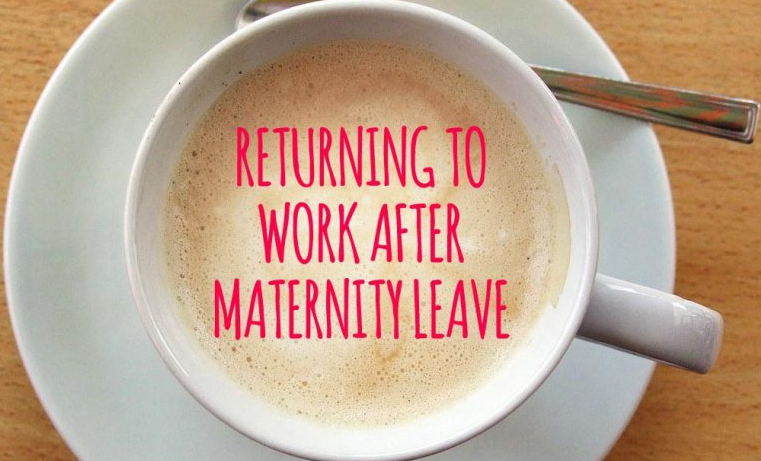 It is time for employers to step up and ensure more mothers and their skills can remain in the workplace on better terms
It is time for employers to step up and ensure more mothers and their skills can remain in the workplace on better termsAs new mothers across the country start to take their first shaky steps into a world of bassinets, bottles and breastfeeding they are normally far too busy to consider a hurdle that is just starting to break the horizon. Returning to work is a subject that lurks around the coffee table at mums groups like an unwelcome guest.
Some Mothers nervously dread the end of their baby-focused chapter whereas others reach the end of a period where they yearn to get back to hot cups of coffee and solitary visits to the bathroom. For many mothers, it is a combination of the two with a generous helping of guilt. Whatever their feelings, after their 39 paid weeks and up to 52 unpaid weeks, the majority of mothers in the United Kingdom will pack up the nappy bag, gingerly try on the work wardrobe and head back to work.
With the world looking very different through bleary eyes, many mums find that the idea of a 40 hour work week doesn’t make practical or emotional sense for their family. Leaving a baby can be a heart-wrenching moment for parents and many describe tears from both mother and baby in the early days of leaving them at nursery.
This is to say nothing of the sometimes prohibitive cost of childcare and lack of high-quality options. They have some help from legislation passed in 2003 to entitle parents to request flexible or part-time work.
Whilst it is certainly a step in the right direction, opponents point out that the list of acceptable reasons an employer can give to refuse flexible or part-time work is long and can contain relatively broad and non specific justifications such as a ‘reduction in quality’ or ‘planned structural changes’ with little accountability as to whether changes or compromises in quality come to pass.
Even for those mothers who return on a full working week, with the likelihood of their little bundle of joy falling ill in their first few months of nursery, there is a pressing need for employers to make provision for parents to take leave to care for children. Care days are covered by the law for emergencies but parents have struggled with differences of opinion with their employer over what constitutes an emergency, to the extent of cases being taken to employment appeal tribunals.
In order to improve the wellbeing of families, the ball is now in the employer’s court. Mothers have widely expressed a demand for more flexible working, the option to work remotely and onsite creche facilities for their children. For an era of balanced parenthood to come forward and to ease the burden on mums and babies, it is time that employers use the range of technological options, creative management strategies and invest in the longevity of their workforce.
It is time for employers to step up and ensure more mothers and their skills can remain in the workplace on better terms.








